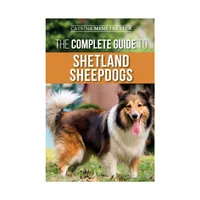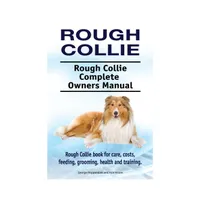Shetland Sheepdog vs collie: Can you tell the difference?
The Shetland Sheepdog and the collie are both energetic and hardworking breeds that do best with owners who lead an active lifestyle
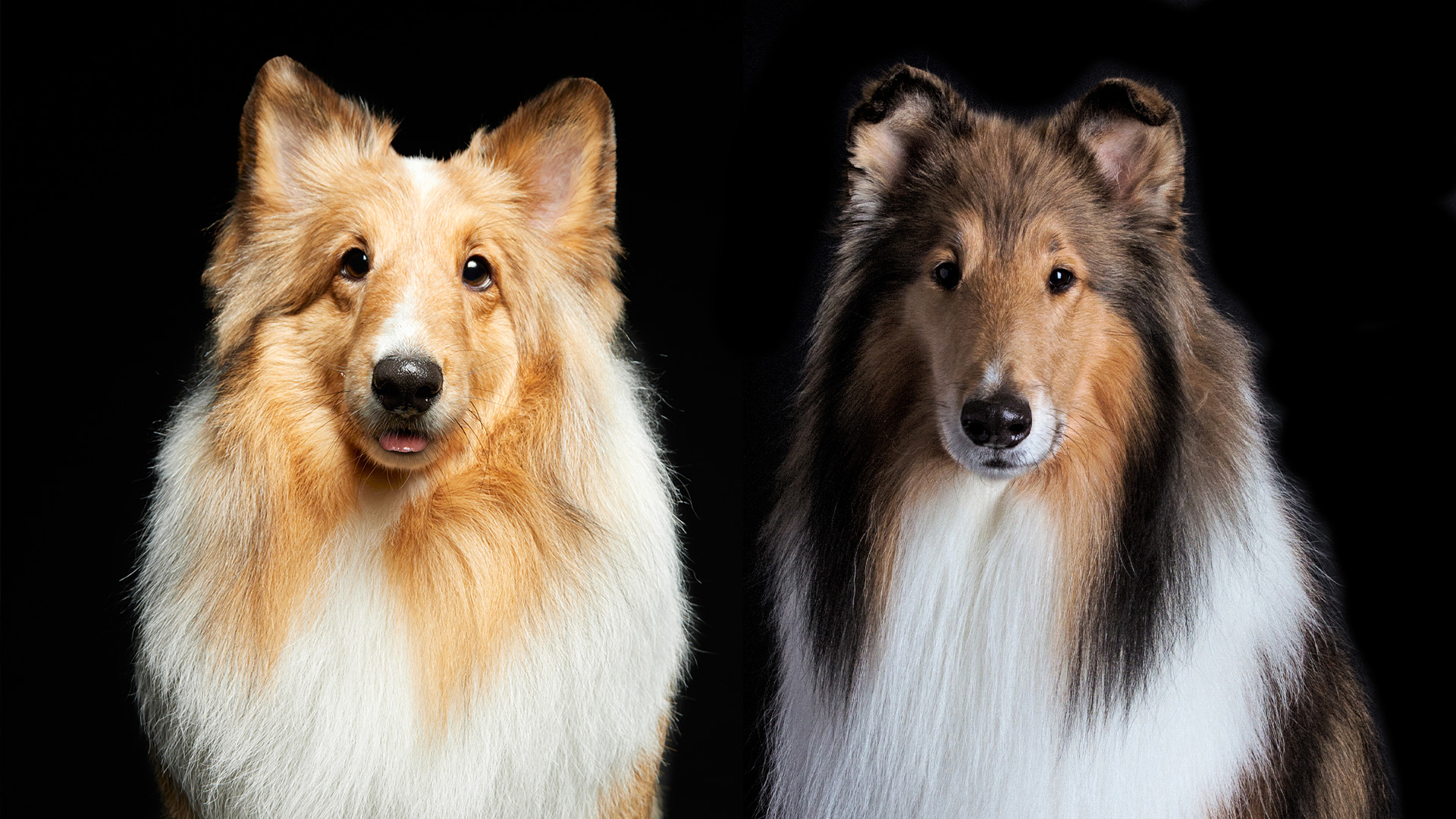
Do you struggle to tell the Shetland Sheepdog and the collie apart? Rest assured, you're not alone! These breeds are almost identical, except for one key distinguishing feature – the collie is a lot larger.
But aside from that, there's not much separating these two hardworking breeds. Both the Shetland Sheepdog (or sheltie, as they're affectionately called) and the collie are bright dogs who are excellent with children and they make wonderfully affectionate and devoted companions.
You'll want to lead a fairly active lifestyle and have plenty of the best dog toys and games on hand if you plan on welcoming a sheltie or collie into your family. While the sheltie requires less exercise, both breeds are energetic and need plenty of physical and mental stimulation to keep them happy and healthy.
To help you learn more about these two lively dogs, we turned to expert vet Dr Hannah Godfrey who was only too happy to reveal more. Below, you'll find everything you need to know about how easy they are to train, what their grooming needs are and the specific health issues that are worth being aware of.
Size: Shetland Sheepdog vs collie
Short on space inside your home? Lacking a big garden? If so, the size of the Shetland Sheepdog may well appeal. Considered a small dog breed, they stand between 13 and 16 inches in height and weigh no more than 25 pounds, making them a good choice if you're looking for a compact canine companion.
Collies, on the other hand, are much larger with males reaching heights of around 26 inches and females measuring approximately 24 inches. They also weigh a lot more than shelties, with males tipping the scales at roughly 75 pounds and females coming in at around 65 pounds.
Appearance: Shetland Sheepdog vs collie
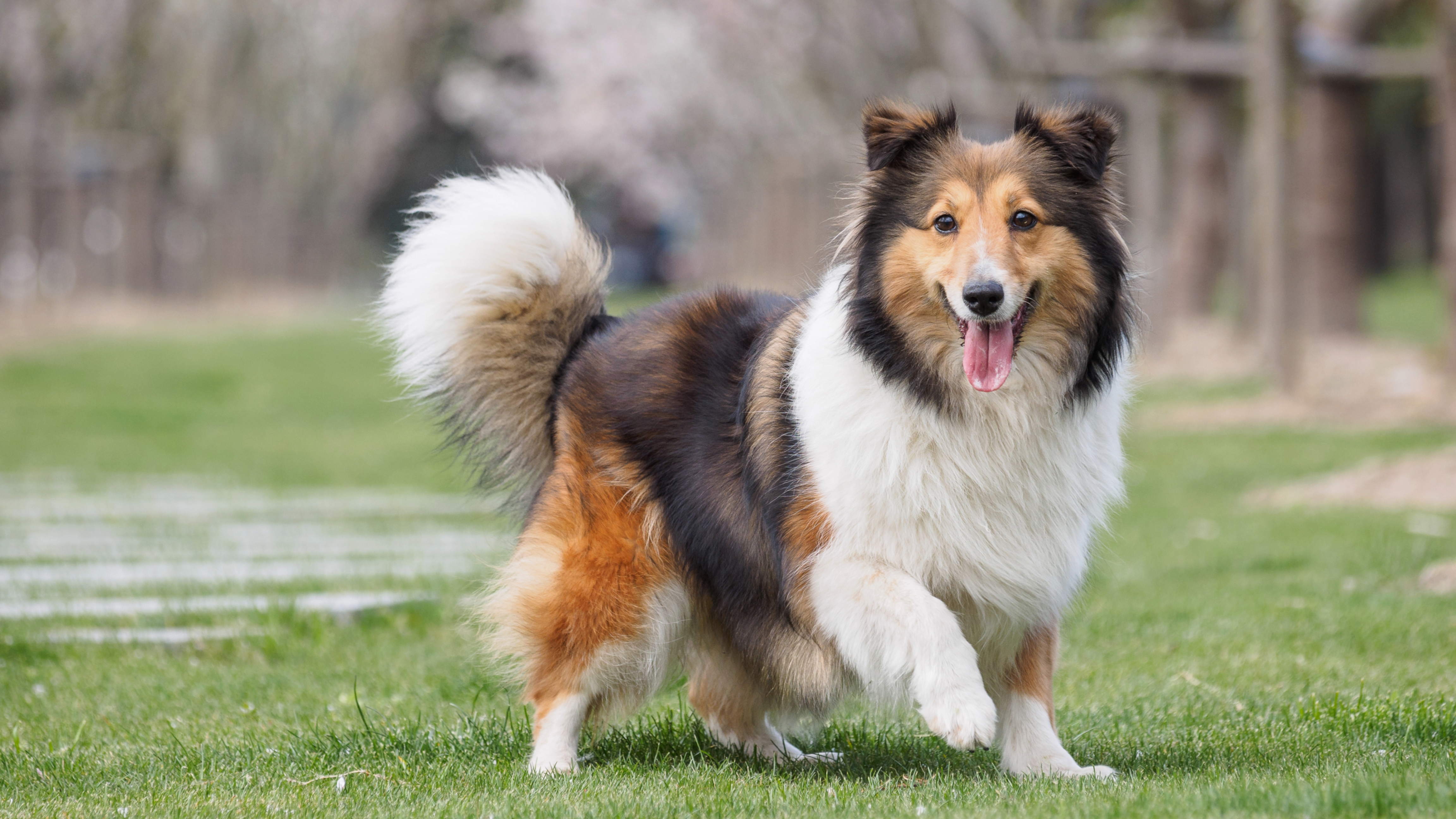
People mix up shelties and collies all the time, which is not surprising as these two breeds look very similar. However, the easiest way to tell them apart is by their size – the collie is substantially bigger, both in height and in weight, so if they look quite small, you're dealing with a sheltie.
Get the best advice, tips and top tech for your beloved Pets
Shelties have long and straight coats with a dense undercoat, while collies come in two varieties – rough coated or smooth. Both breeds have variations in their coat color, with the sheltie coming in black, blue merle, and sable, with white markings and the collie coming in sable and white, tricolor, blue merle, or white.
Both breeds have striking almond-shaped eyes and wedge-shaped heads, so with the exception of their size, these two dogs look almost identical!
Trainability: Shetland Sheepdog vs collie
Planning on training your dog on your own rather than hiring a professional? If so, how intelligent a breed is and how quickly they can master new commands may well play an important role in your decision making process.
Thankfully, Dr Godfrey says that both collies and Shetland Sheepdogs are very bright, clever dogs who are eager to please.
"This makes them really easy to train," she says. "However, as working dogs, they have a tendency to try to herd or chase anything that moves, meaning training is really important to keep them and other animals around them safe," she adds.
According to Dr Godrey, another habit you might want to work on with training is barking, which both breeds are prone to. "It’s usually quite a noisy affair when a sheltie visits my consult room, because they do like to bark to show they’re happy or excited!," she explains.
The good news is that with early training and socialization, both of these intelligent breeds will become loyal and obedient companions.
Exercise: Shetland Sheepdog vs collie
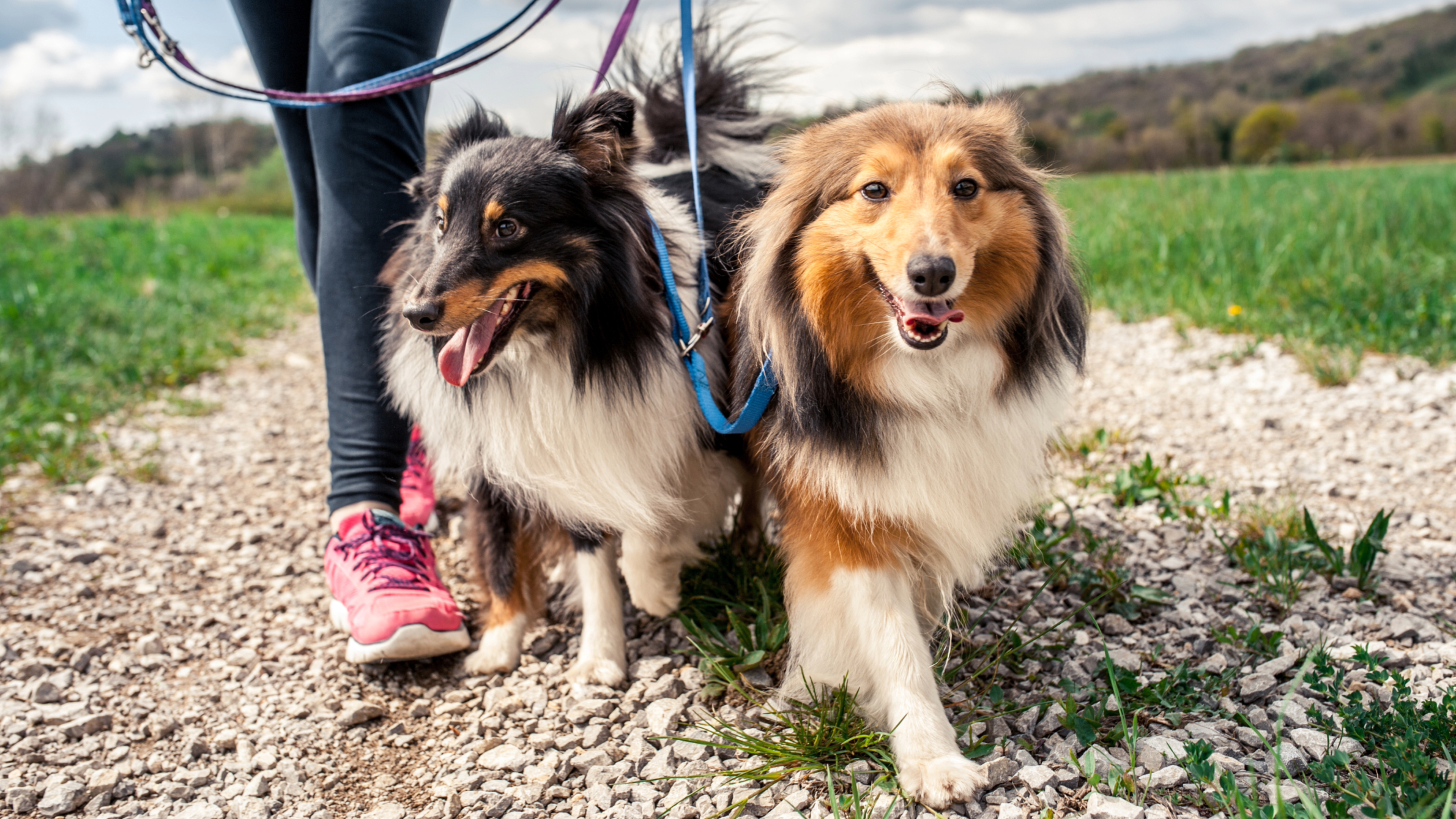
When it comes to exercise, collies and shelties differ in terms of how much physical activity they need each day to keep them happy and healthy. Dr Godfrey says that collies are quite large dogs with lots of energy and tend to need more opportunities than shelties to burn that off. Without that, they have a tendency to get into mischief.
"They can become bored and destructive or gain weight without plenty of exercise," Dr Godfrey confirms. "When they are at home, it’s a good idea to keep them occupied and mentally and physically stimulated with toys and activities."
Dog puzzle toys can be brilliant for engaging your pups mind when you're too busy to play or why not try one of these great brain games for dogs?
While still energetic, Dr Godfrey says shelties have moderate rather than high exercise needs. "They usually also enjoy chilling out at home, so they can adapt to a variety of lifestyles," she explains.
There are so many great ways to workout with your pet, so if you're looking to mix things up a bit, why not try an obstacle or agility course? Both of which your sheltie will love.
Grooming: Shetland Sheepdog vs collie
Be sure to invest in the best dog brush as you'll put it to good use with both the Shetland Sheepdog and the collie!
"Both breeds have a double coat with a long, often coarse outer coat and a softer, dense undercoat. Therefore, they need to be brushed at least weekly to avoid mats," explains Dr Godfrey.
"During shedding, they’ll lose large amounts of fur from their undercoat, so daily brushing is needed to remove this," she adds.
While grooming can be time consuming, when it comes to how to bond with your dog, regular pamper sessions are a great way to connect and deepen the relationship the two of you share.
Health: Shetland Sheepdog vs collie
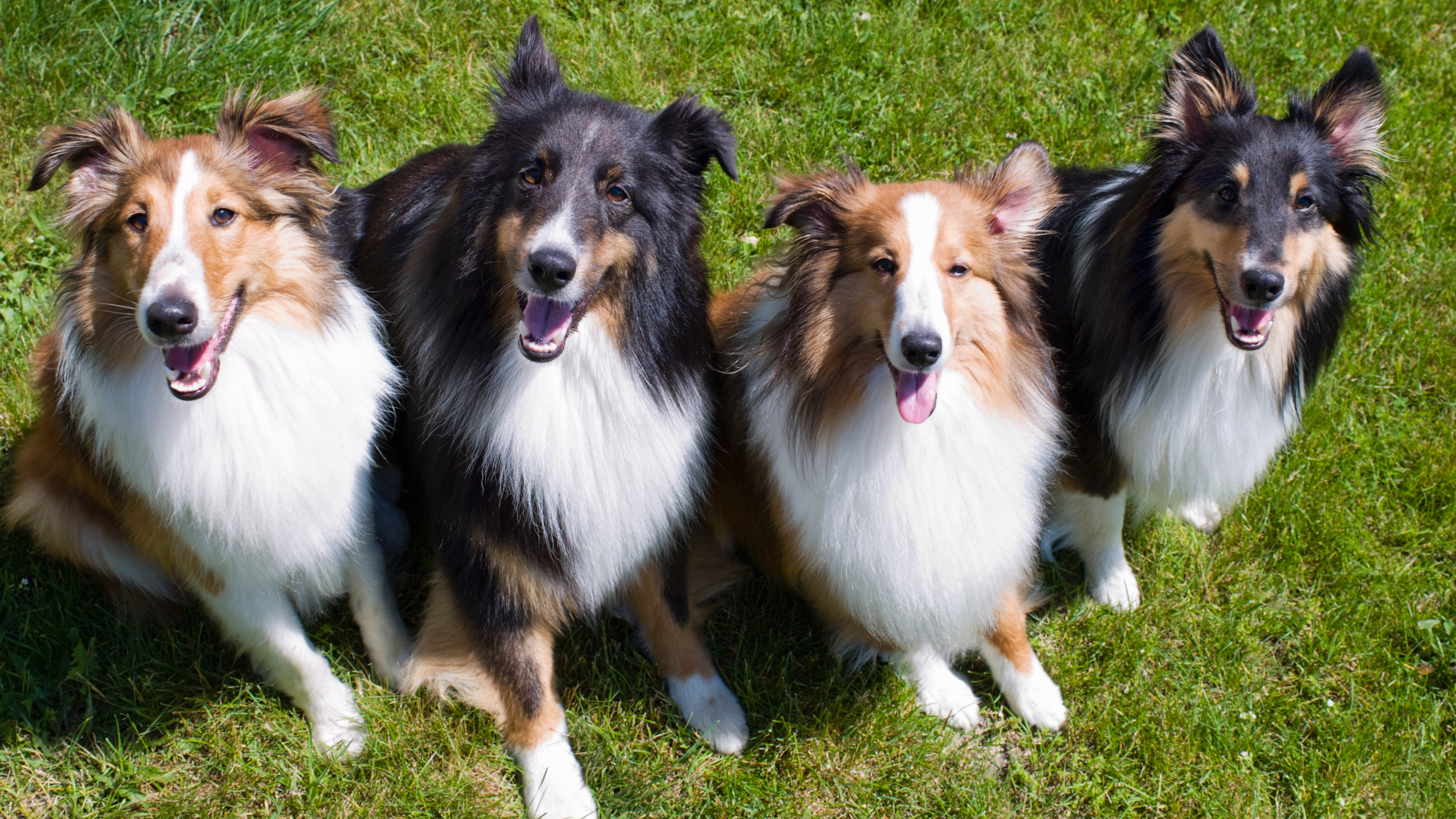
All of us want our canine companions to live happy and healthy lives, but as with all breeds, there are certain health issues you'll want to be aware of if you plan on adopting a collie or sheltie.
"Both breeds are at risk of genetic health problems affecting the eyes, known as collie eye anomaly and progressive retinal atrophy," says Dr Godfrey. "Thankfully, testing is available to screen for these conditions, and responsible breeders usually organize this in both the parents and the puppies."
You'll also want to consult your vet before investing in the best flea treatment for dogs. That's because both breeds are sensitive to certain medications – "in particular ivermectin, which is an ingredient in some parasite control treatments for pets," explains Dr Godfrey. The safest flea treatment for dogs can vary depending on breed, however your vet will be able to advise you on the right one for your fur friend.
When it comes to the Shetland Sheepdog specifically, Dr Godfrey says they're more at risk of developing certain health conditions, like hypothyroidism and clotting disorders.
"They are also prone to hip dysplasia, although collies can also be affected. In this condition, the hip joint develops poorly, so that the ball and socket don’t fit together snugly, allowing extra movement and pain. Hip scoring of parents before breeding helps to improve the health of the breed in the future."
Owner suitability: Shetland Sheepdog vs collie
Adopting a dog is a big decision. While there's no denying that owning a pet can infuse our lives with extra joy and meaning, each breed has specific needs meaning that some dogs will be a better fit for your lifestyle than others.
Because both the Shetland Sheepdog and the collie are energetic and need regular walks, Dr Godfrey says they're best suited to people who are active and love the outdoors.
"Both breeds are affectionate and good with children, so they’re a great option for families," she says. "However, as with any dog, it’s important to supervise interactions with children. Since shelties are smaller in size, they may be a better choice for older people or people with limited space, as they aren’t as strong and are less demanding in terms of exercise."
Before you welcome a collie or sheltie into your life, Dr. Godfrey says it's important to make sure you have the time and energy to dedicate to their training and grooming needs.
The Complete Guide to Shetland Sheepdogs | Amazon
If you're serious about bringing home a Shetland Sheepdog, this guide will teach you everything you need to know. From training tips to feeding advice – it covers all bases.
Rough Collie Complete Owners Manual | Amazon
This complete owner's manual is essential for every Collie owner, including training, feeding, and grooming guidance.
Want to learn about more dog breeds? Read our profile on the Border Collie and things to love about the Shetland Sheepdog. Or, read about other dog breed lookalikes

Hannah graduated from the Royal Veterinary College in 2011 and began work straight away at a busy mixed practice. Initially, she treated all species, but focused on small animals from 2014. She has a passion for soft tissue surgery, ultrasound, and canine and feline dentistry, having completed additional training in these areas.
Edited by Megan Milstead and Georgia Guerin
This feature was last updated in May 2025.

Kathryn is a freelance writer who has been a member of the PetsRadar family since it launched in 2020. Highly experienced in her field, she's driven by a desire to provide pet parents with accurate, timely, and informative content that enables them to provide their fur friends with everything they need to thrive.
Kathryn works closely with vets and trainers to ensure all articles offer the most up-to-date information across a range of pet-related fields, from insights into health and behavior issues to tips on products and training.
When she’s not busy crafting the perfect sentence for her features, buying guides and news pieces, she can be found hanging out with her family (which includes one super sassy cat and a kitten), drinking copious amounts of Jasmine tea and reading all the books.
She has written for a range of publications, including Fit&Well, Top Ten Reviews, LiveScience, Goodto, and Product Hunt.
